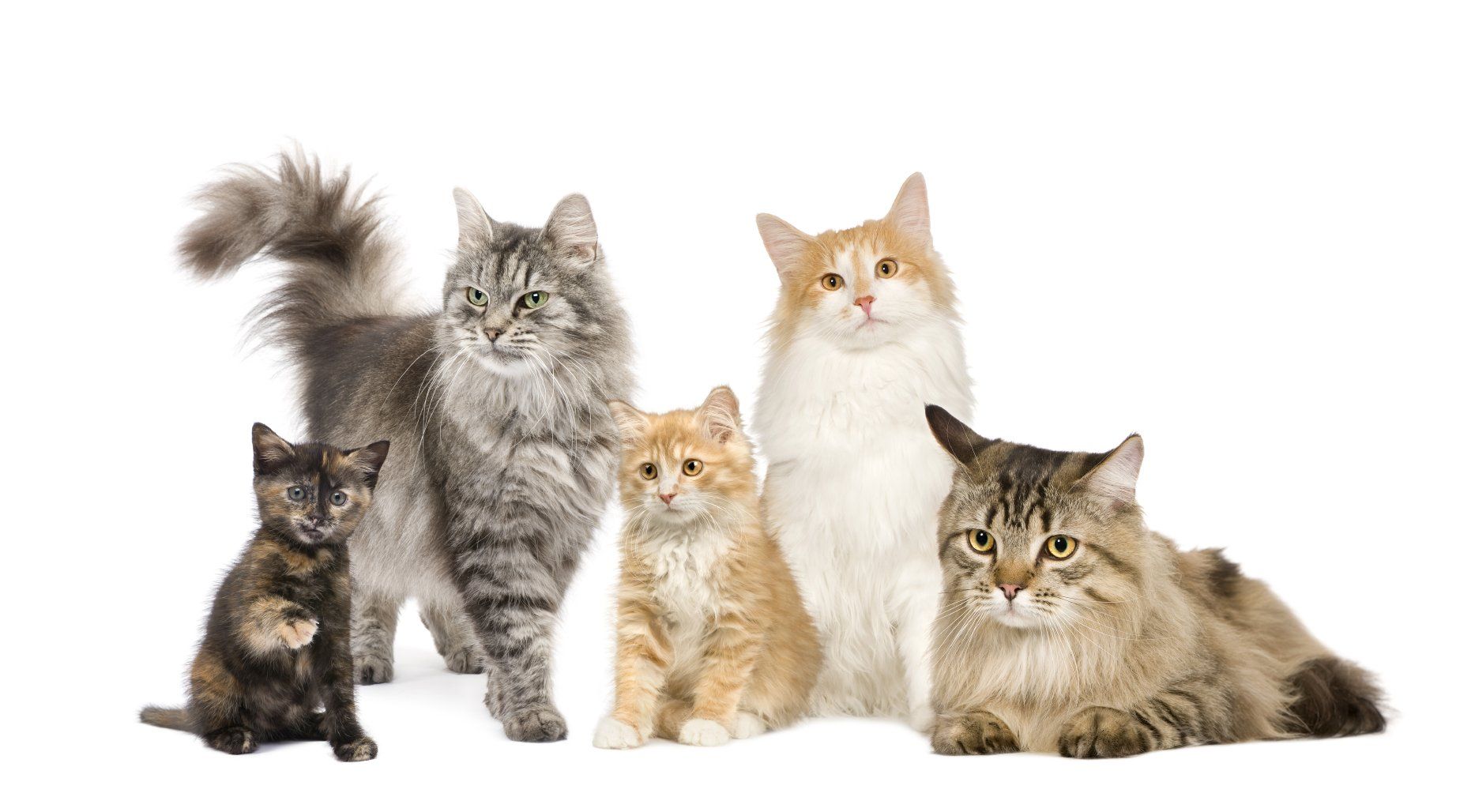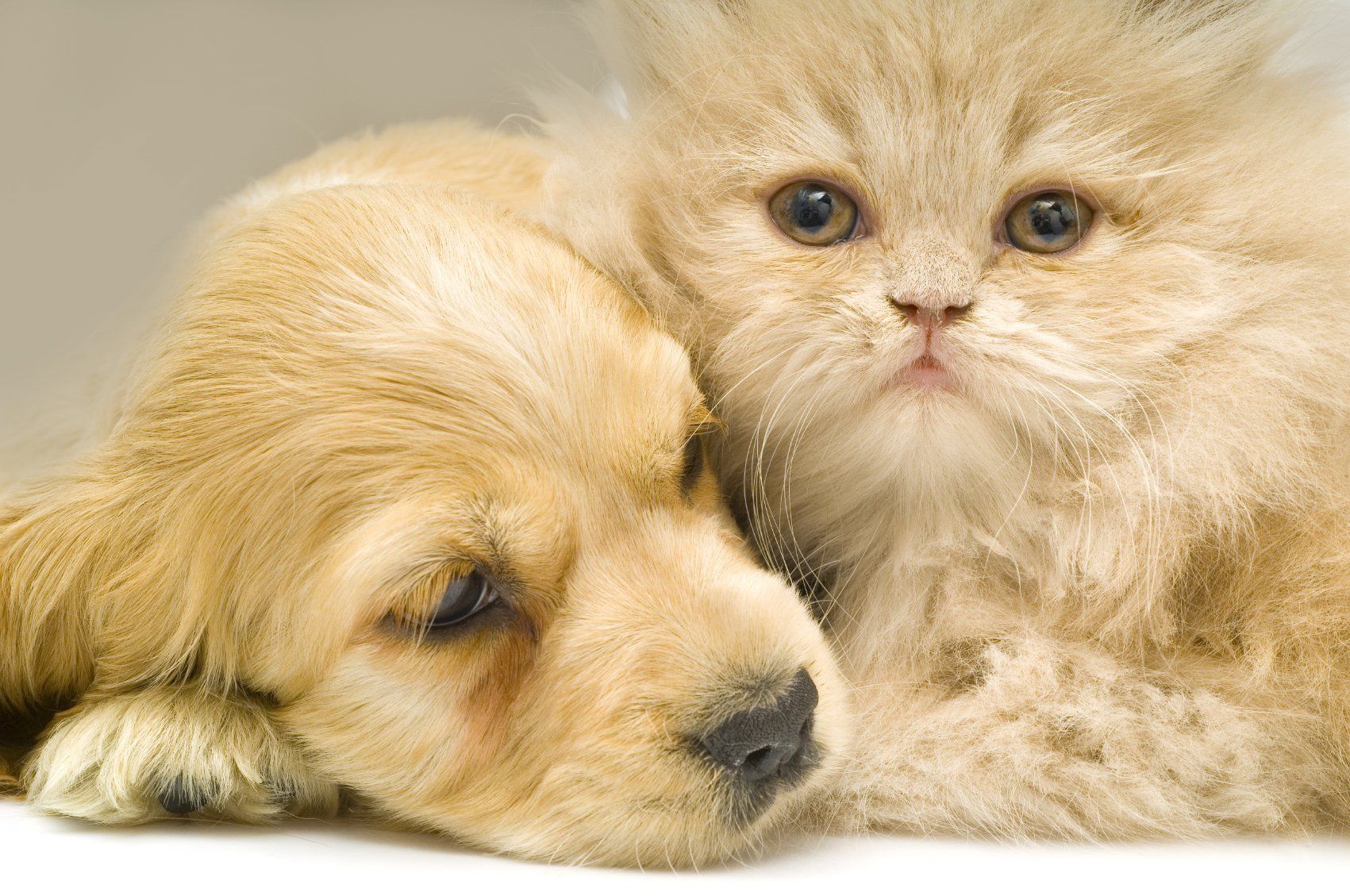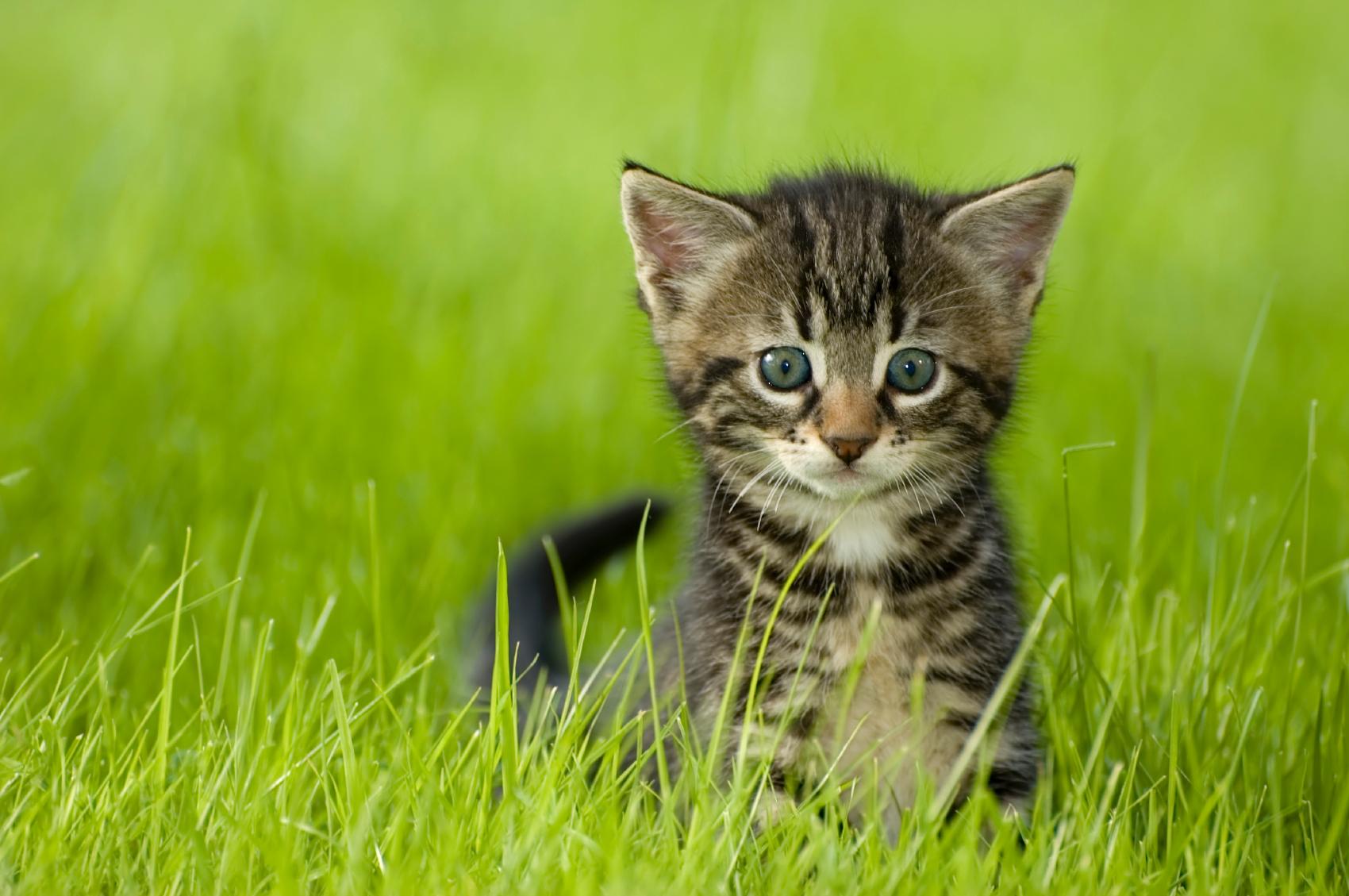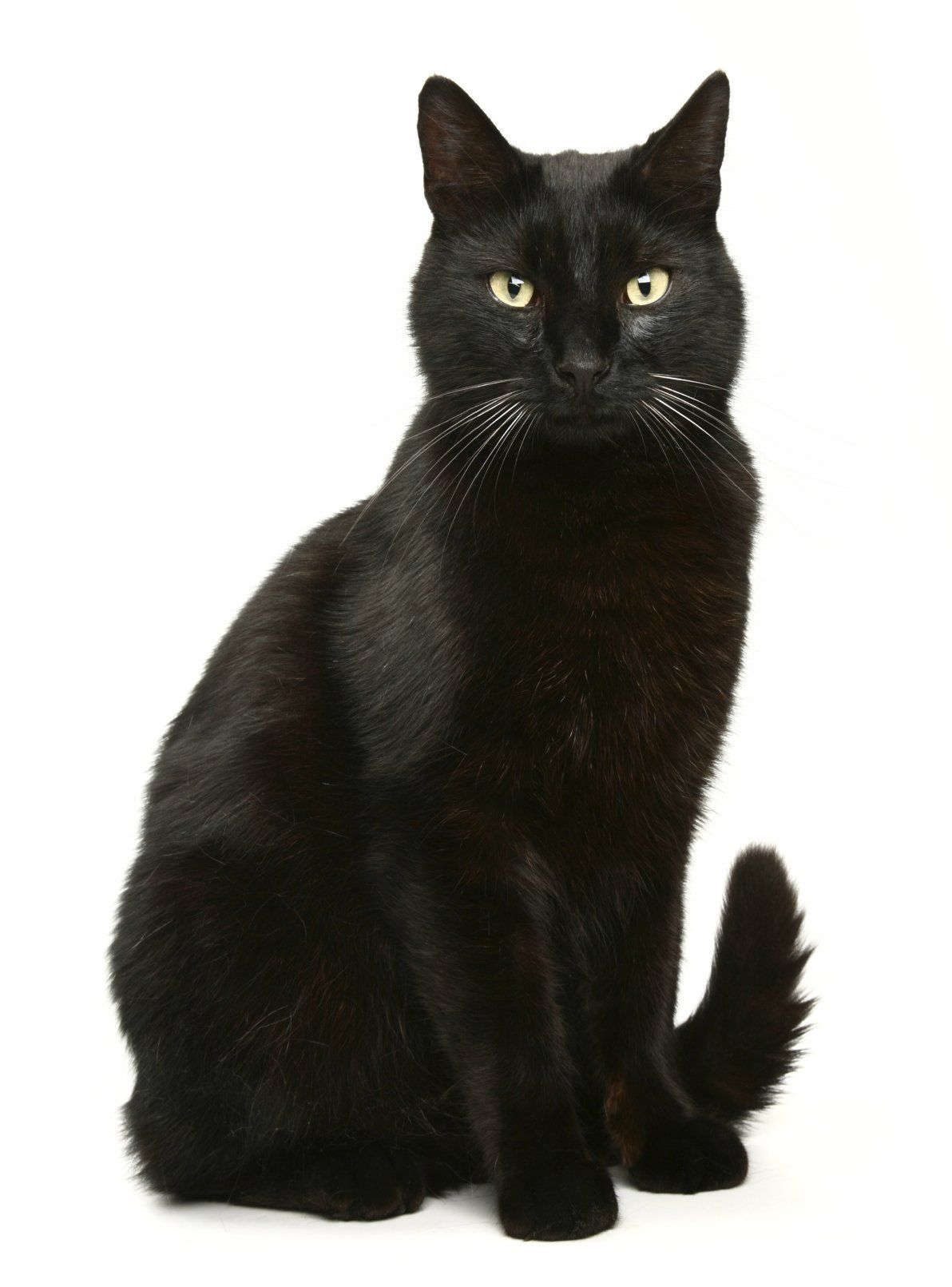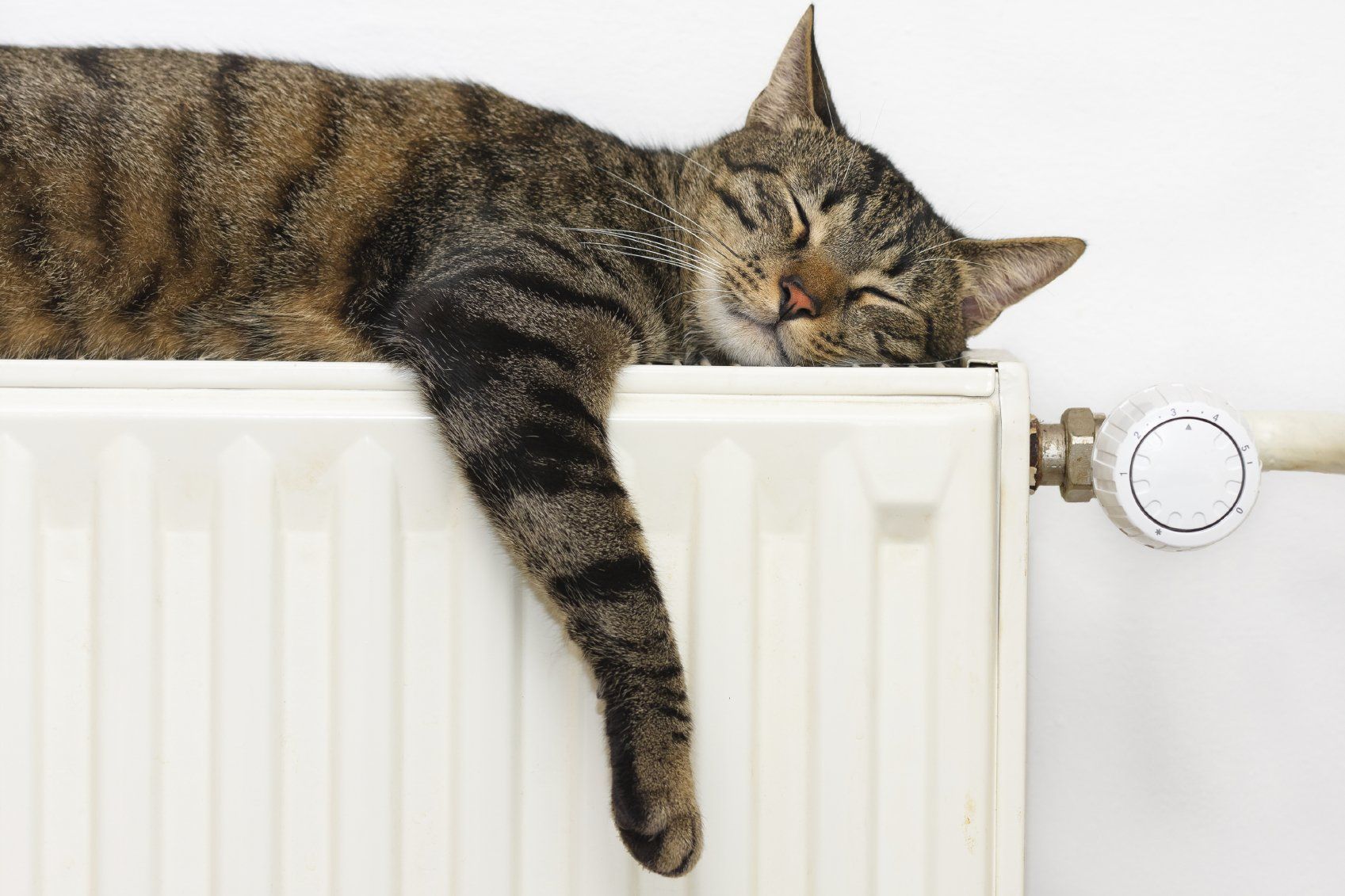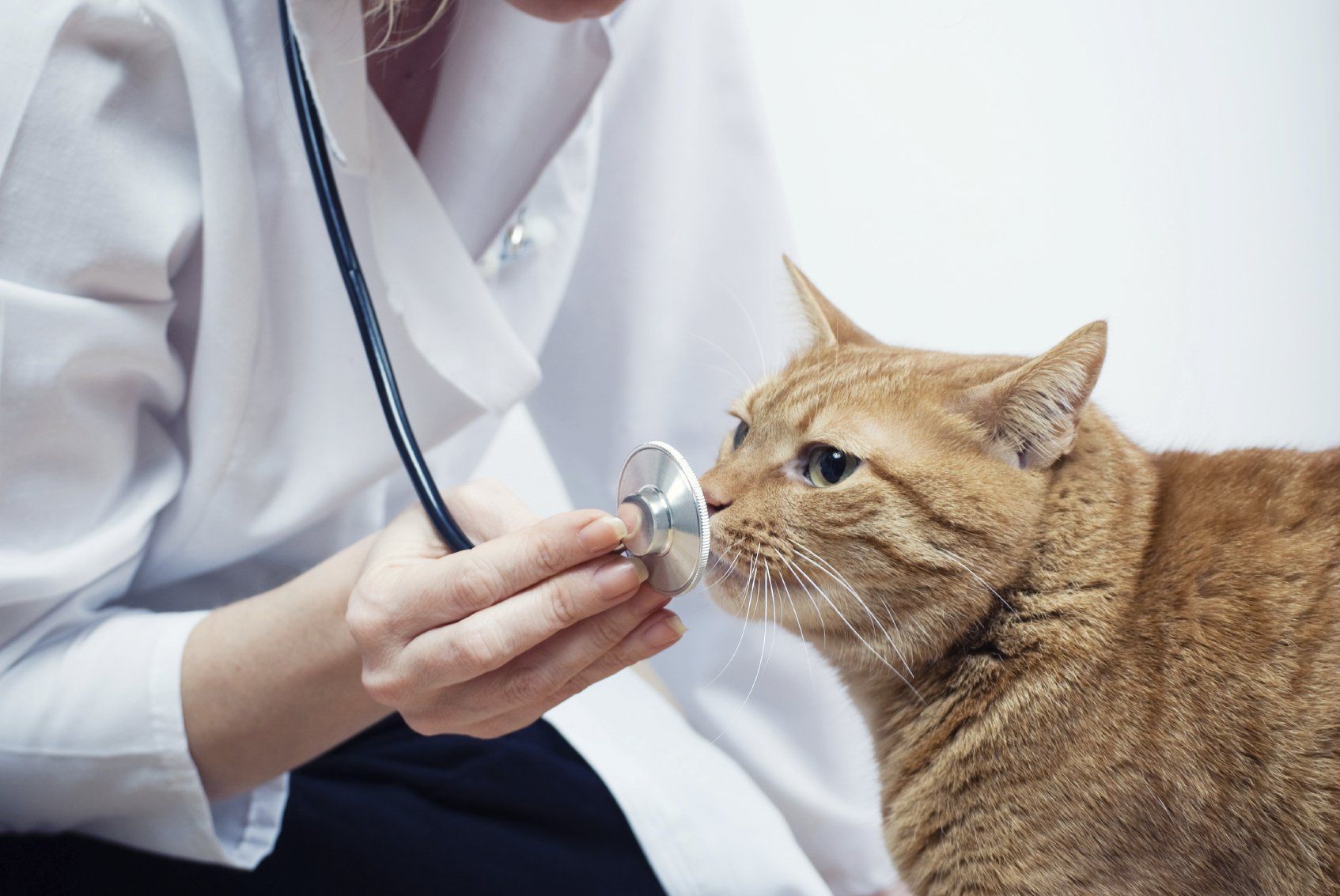Fireworks, thunder and other scary noises
The Dogs Trust has lots of advice and sound therapy to help on their website: www.dogstrust.org.uk/help-advice/dog-behaviour-health/sound-therapy-for-pets
10 ways to help your dog through fireworks season
(taken from the Battersea Dogs website)
Take your dog for a nice long walk well before dark. For most of the year it’s against the law to set fireworks off after 11pm, but this curfew is extended to midnight on Bonfire Night so try to tire your dog out before it gets dark and then take them out for final toilet walks once the fireworks have stopped. If your dog is particularly scared of fireworks, you may want to feed them early too. If you have time, introduce these changes gradually over a few days so you don’t suddenly disrupt your dog’s routine.
2. Create a ‘safe place’ inside your home for your dog to hide from fireworks
A table draped with a blanket is a great retreat, or if your dog is used to being in a crate, cover it and leave it open with blankets inside. Don’t lock your dog in the crate, as this can be even more stressful for them. Give your dog options so they can choose where to hide.
3. The sudden bang of fireworks can be masked by keeping a radio or TV on, which can reduce the impact noises may have on your pet
Classical music will help to calm dogs in general, and music with quite a h4 bass will be ideal for masking bangs when played at a volume that your dog is happy with.
4. Always draw the curtains or cover the windows to minimise the lights from the fireworks
It’s not only the sound of fireworks that can cause distress for dogs, it’s also the light and flashes across the sky. Leave lights on indoors to reduce the impact of the flashes too.
5. Don’t confine your dog to one room as they may hurt themselves trying to get out, particularly if they become stressed
Dogs may also be most comfortable curled up in their usual spot with you rather than a designated ‘safe place’, so allow them access to all safe areas of the house.
6. Make sure that your dogs are microchipped and that their microchip details are up to date
In the worst-case scenario, any dog that does get out or run away from home while fireworks are going off can be reunited with its owner much more easily if it has been microchipped. Microchipping your dog is now a legal requirement, as of April 2016.
7. If your dog can see that fireworks have no effect on you, this may help decrease their anxiety
Animals are highly perceptive and will notice if you’re behaving unusually. Following your dog around or being overly affectionate may cause them to feel nervous or confused. You can still reassure your pet, by playing with their favourite toy for example but try to behave as normally as possible. The more you change your behaviour, the more anxious your dog may become.
8. Make sure your home and garden are as escape-proof as possible
Make sure all doors and windows are closed firmly. If possible, make sure your dog doesn’t have access to doors that lead outside, especially when people are coming in or out of the house. Secure any escape routes in your garden, just in case, and make sure everyone in the house knows they need to be quick opening and closing external doors.
9. Provide dogs with a long-lasting chew to help keep them distracted
You could also try stuffing a puzzle toy such as a Kong with layers of food to keep your dog occupied.
10. If your dog is still extremely stressed by fireworks after following our advice, you may want to consult your vet
A vet may be able to provide medication to help reduce your pet’s anxiety – however, any medicinal treatment should always be accompanied by a behaviour management plan.
If you think that your dog gets worried by loud noises, contact your vet to see if there's an underlying health problem first, and to help you find a qualified behaviourist. Your vet will also be able to discuss whether medication might be helpful.
Programmes of behaviour therapy recommended will vary for each dog, but may include the following elements:
Establishing a consistent way for your dog to cope. This often involves teaching a dog to use a den to hide when they are worried. This might require you to gradually change your dog's 'coping' response away from one that relies on your attention so that they are more able to cope with loud noises if they occur when you're not home.
Gradually teaching your dog that noises are not scary through a process called 'desensitisation and counter-conditioning'. This usually involves playing recorded versions of the scary noises, but starting at such a low volume that your dog is not worried by them. The volume and direction of sounds are changed over time, but so slowly that your dog does not show any signs of fear. The sounds should also be associated with something that they enjoy, such as high value treats or a game.

